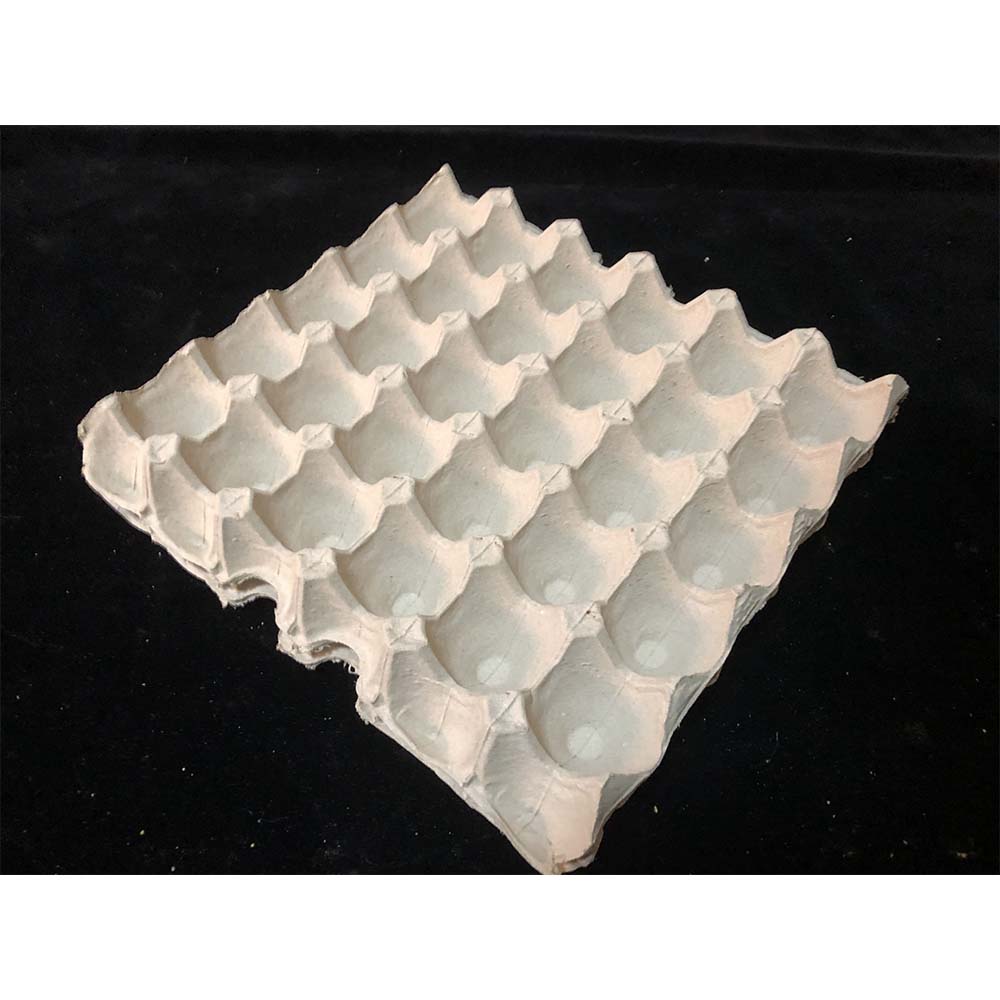Efficient Solutions for Poultry Processing with Advanced Chicken Plucking Technology
Nov . 19, 2024 19:37 Back to list
Efficient Solutions for Poultry Processing with Advanced Chicken Plucking Technology
The Evolution of Chicken Pluckers in Poultry Processing
The poultry industry has significantly evolved over the years, transforming from small-scale, manual operations into a highly structured sector characterized by technological advancement and efficiency. One of the most remarkable innovations within this field is the development of chicken pluckers, which play an essential role in the processing of birds for consumer markets.
Understanding Chicken Pluckers
At the heart of poultry processing, chicken pluckers are machines designed to remove feathers from chickens after they have been slaughtered. This task, which was once the sole responsibility of diligent workers, can now be accomplished quickly and effectively with modern equipment. The transition from manual plucking to mechanical plucking not only increases efficiency but also improves hygiene and reduces labor costs.
Historical Context
In the early days of poultry farming, plucking chickens was labor-intensive, requiring time, effort, and skill. Workers would manually remove feathers using their hands or rudimentary tools. As the demand for chicken meat grew, particularly in North America and Europe, the need for processing solutions became apparent. Innovations such as the chicken plucker emerged in the late 19th and early 20th centuries, significantly altering operational practices in the industry.
Early chicken pluckers were relatively simple devices, often using rubber or metal fingers to pull feathers from the skin of the bird. These devices were somewhat effective but still required a good deal of manual intervention and oversight. Over the years, persistent improvements and technological advancements have led to more sophisticated machines that are both faster and more efficient.
The Mechanism of Modern Chicken Pluckers
chicken plucker poultry

Today’s chicken pluckers utilize a combination of mechanical and hydraulic systems, allowing for a more automated feather removal process. The machines can handle multiple birds simultaneously, drastically reducing processing time. Typically equipped with rotating fingers made from flexible materials, these pluckers effectively agitate the birds, loosening and removing feathers while minimizing damage to the skin.
Additionally, features such as adjustable speed settings and gentle handling mechanisms ensure that the processing is not only efficient but also maintains the quality of the poultry. For larger-scale operations, some chicken pluckers are designed to integrate seamlessly with other machinery in the processing line, creating a streamlined workflow from slaughter to packaging.
Benefits Beyond Efficiency
The advantages of using chicken pluckers extend well beyond mere efficiency. First and foremost, there is an important aspect of cleanliness and safety in poultry processing. Manual feather removal carries a higher risk of contamination, whereas modern machines can be designed to minimize contact between the processed birds and workers. Furthermore, the FDA and other regulatory bodies often set stringent hygiene standards that these machines help to maintain.
Additionally, with labor shortages becoming increasingly common in the agricultural sector, investing in chicken pluckers and other forms of automation can help mitigate these challenges. By reducing the reliance on manual labor, poultry producers can not only improve productivity but also retain a more consistent output of products while ensuring food safety compliance.
Conclusion
As consumers continue to demand higher quantities of poultry products at prices that are competitively low, the poultry industry must adapt to meet these challenges. Chicken pluckers are a prime example of how technology can reshape an entire industry. By embracing these innovations, poultry processors can achieve enhanced efficiency, improved hygiene, and minimized labor costs, establishing a robust system capable of meeting the demands of modern consumers.
Whether in small farmer cooperatives or large-scale operations, the impact of chicken pluckers in poultry processing is undeniable, serving as a testament to human ingenuity in the face of evolving market demands. As technology continues to advance, one can only imagine how further innovations will continue to influence the world of poultry processing in the years to come.
-
Automatic Feeding Line System-Pan Feeder Nipple Drinker|Anping County Yize Metal Products Co., Ltd.
NewsJul.29,2025
-
Hot Sale 24 & 18 Door Rabbit Cages - Premium Breeding Solutions
NewsJul.25,2025
-
Automatic Feeding Line System Pan Feeder Nipple Drinker - Anping County Yize Metal Products Co., Ltd.
NewsJul.21,2025
-
Automatic Feeding Line System Pan Feeder Nipple Drinker - Anping County Yize Metal Products Co., Ltd.
NewsJul.21,2025
-
Automatic Feeding Line System - Anping Yize | Precision & Nipple
NewsJul.21,2025
-
Automatic Feeding Line System - Anping Yize | Precision & Nipple
NewsJul.21,2025






